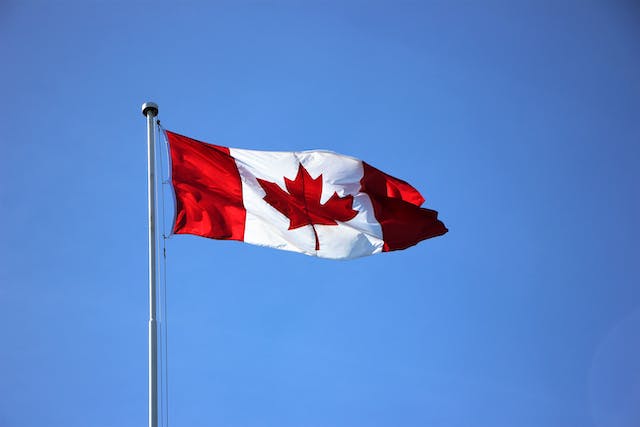A popular talking point among cannabis opponents leading up to cannabis policy reform, including medical cannabis policy reform, is that reform will ‘increase youth access to cannabis.’ It is a talking point that opponents seem to always hurl into the public sphere when policy reform is being considered by lawmakers or voters.
What cannabis opponents fail to recognize is that regulating cannabis involves checking government-issued identification to ensure that the person is permitted to acquire cannabis. A regulated industry also involves compliance checks and audits, all of which make it much harder for youth to access cannabis. None of that is true of the unregulated market.
According to a recent survey conducted in Canada, where cannabis was legalized for adult use in 2018, fewer young people are reporting that it is “easy” to access cannabis. Below is more information about it via a news release from NORML:
Waterloo, Canada: The percentage of young people who say that it is “easy” for them to acquire cannabis has decreased significantly since Canada legalized the adult-use marijuana market, according to data published in the journal Archives of Public Health.

Canadian researchers assessed young people’s perceptions surrounding the availability of cannabis products. They determined that the percentage of underage youth reporting that cannabis was easy to access decreased by 27 percent from 2018 – the year Canada legalized cannabis markets nationwide – to 2020. Self-reported marijuana consumption by young people also decreased during this period.
The study’s authors concluded: “While there has been a growing number of studies focused on examining changes in cannabis use among Canadian youth since the onset of the Cannabis Act, and more recently since the onset of the COVID-19 pandemic, there appears to be a paucity of research dedicated to examining changes in youth perceptions of cannabis availability over the same period of time. In response, this study provides unique and novel evidence of how youth perceptions of cannabis access have changed since the onset of the Cannabis Act. … Our data suggest that in our large samples of youth, perceptions of cannabis access as being easy has declined in prevalence since legalization and through the early and ongoing pandemic response period.”
Data from the United States has similarly failed to identify any significant uptick in youth marijuana use following the adoption of state-level legalization. According to a May 2023 report from the US Centers for Disease Control and Prevention, the percentage of high schoolers who ever tried marijuana fell 30 percent between 2011 and 2021 – during which time nearly half of all US states legalized cannabis. The percentage of students who self-identified as current marijuana consumers decreased by a similar percentage during the same period.
Full text of the study, “Youth perceptions of difficulty accessing cannabis following cannabis legalization and during the early and ongoing stages of the COVID-19 pandemic: Repeat cross-sectional and longitudinal data from the COMPASS study,” appears in Archives of Public Health. Additional information on cannabis use trends among young people is available from the NORML Fact Sheet, ‘Marijuana Regulation and Teen Use Rates.’ This article first appeared on Internationalcbc.com and is syndicated here with special permission.






